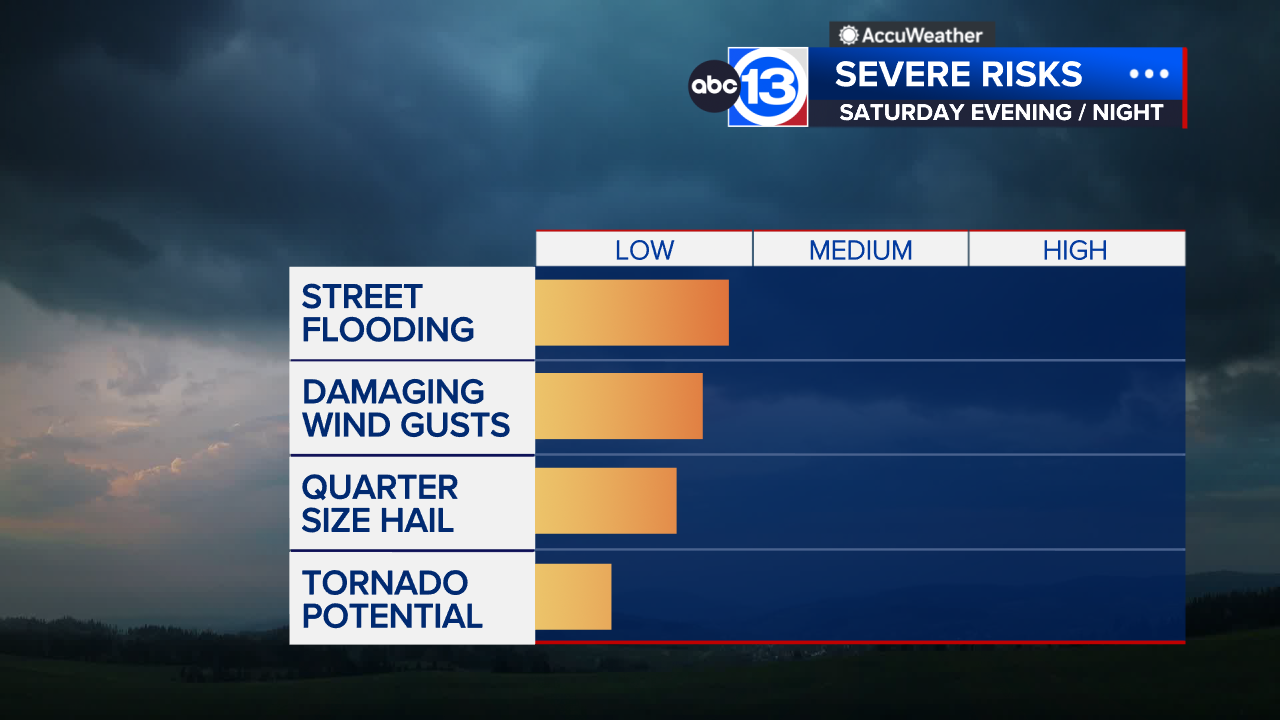Experimental Zika vaccine to begin human testing


WASHINGTON -- An experimental vaccine for the Zika virus is due to begin human testing in coming weeks, after getting the green light from U.S. health officials.
Inovio Pharmaceuticals said Monday it received clearance from the Food and Drug Administration to begin early-stage safety tests of its DNA-based vaccine against the mosquito-borne virus. That puts the company ahead of researchers at the National Institutes of Health, who have said they expect to begin testing their own DNA-based Zika vaccine by early fall.
Inovio's vaccine is intended to prime the immune system to fight Zika by introducing genetically-engineered material that mimics the virus. Inovio reports that animals tested with the vaccine developed antibodies and immune-system cells that attack Zika.
The NIH is working to develop a Zika vaccine by swapping out the genetic material from its experimental West Nile virus vaccine.
Inovio and its partner, GeneOne Life Science, plan to begin a 40-person study to determine the safest dose of the vaccine in coming weeks. Company officials said they expect results from the vaccine study by the end of 2016.
There are currently no licensed drugs or vaccines for Zika.
Ultimately, confirming the safety and effectiveness of any Zika virus will require large studies, and how fast those could be done depends in part on whether Zika still is spreading widely in 2017.
Zika is spread mainly through the bite of a tropical mosquito, Aedes aegypti. It causes only a mild and brief illness, at worst, in most people. But it can cause fetal deaths and severe birth defects in the children of women infected during pregnancy.
Zika has become epidemic in Latin America and the Caribbean since last fall. Officials aren't expecting big outbreaks in the continental U.S., but some cases are likely as temperatures rise and mosquitoes spread.
Shares of Plymouth Meeting, Pennsylvania-based Inovio jumped 29 cents, or 2.8 percent, to $10.76 in midday trading Monday.
Symptoms
- About 1 in 5 people infected with Zika virus become ill (i.e., develop Zika).
- The most common symptoms of Zika are fever, rash, joint pain, or conjunctivitis (red eyes). Other common symptoms include muscle pain and headache. The incubation period (the time from exposure to symptoms) for Zika virus disease is not known, but is likely to be a few days to a week.
- The illness is usually mild with symptoms lasting for several days to a week.
- Zika virus usually remains in the blood of an infected person for a few days but it can be found longer in some people.
- Severe disease requiring hospitalization is uncommon.
- Deaths are rare.
Diagnosis
- The symptoms of Zika are similar to those of dengue and chikungunya, diseases spread through the same mosquitoes that transmit Zika.
- See your healthcare provider if you develop the symptoms described above and have visited an area where Zika is found.
- If you have recently traveled, tell your healthcare provider when and where you traveled.
- Your healthcare provider may order blood tests to look for Zika or other similar viruses like dengue or chikungunya.
Treatment
- No vaccine or medications are available to prevent or treat Zika infections.
Treat the symptoms:
- Drink fluids to prevent dehydration
- Take medicines, such as acetaminophen or paracetamol, to relieve fever and pain
- Do not take aspirin and other non-steroidal anti-inflammatory drugs (NSAIDs), like ibuprofen and naproxen. Aspirin and NSAIDs should be avoided until dengue can be ruled out to reduce the risk of hemorrhage (bleeding). If you are taking medicine for another medical condition, talk to your healthcare provider before taking additional medication.
- If you have Zika, avoid mosquito bites for the first week of your illness.
- During the first week of infection, Zika virus can be found in the blood and passed from an infected person to another mosquito through mosquito bites.








